Mayo Clinic
Medical Editor
Donald D. Hensrud, M.D., M.P.H.
Associate Medical Editor
Manpreet S. Mundi, M.D.
editorial Director
Paula M. Marlow Limbeck
senior editor
Karen R. Wallevand
senior Product manager
Christopher C. Frye
Art Director
Stewart Jay Koski
Illustration, photography and production
Kent McDaniel, Matthew C. Meyer, Gunnar T. Soroos, Malgorzata (Gosha) B. Weivoda
Proofreading
Miranda M. Attlesey, Alison K. Baker, Julie M. Maas
Indexing
Steve Rath
contributors
Rachel A. Haring Bartony, Matthew M. Clark, Ph.D., L.P., Lisa M. Dierks, RDN, Ryan J. Eastman, Jason S. Ewoldt, RDN, Philip T. Hagen, M.D., Jessica R. Holst, RDN, Michael D. Jensen, M.D., Sara M. Link, Angela L. Murad, RDN, Deborah J. Rhodes, M.D., Kristine R. Schmitz, RDN, Warren G. Thompson, M.D., Kristin S. Vickers, Ph.D., L.P., Laura Hamilton Waxman, Jennifer A. Welper
Each of the habits in Lose It! has been the subject of scientific studies that support its role in weight management. In addition, Mayo Clinic conducted a two-week program to test the validity of the habit-based approach to weight loss. The 33 women who completed the program lost an average of 6.59 pounds, with individual results varying from 0.2 to 13.8 pounds lost. The 14 men who completed the program lost an average of 9.97 pounds, with individual results varying from 5.2 to 18.8 pounds lost. Consult your doctor before starting any diet program.
First electronic edition published 2018 by RosettaBooks LLC, New York.
All rights reserved. No part of this book may be reproduced or used in any form or by any means, electronic or mechanical, including photocopying and recording, or by any information storage and retrieval system, without permission in writing from the publisher, except by a reviewer, who may quote brief passages in review.
2018 Mayo Foundation for Medical Education and Research (MFMER)
ISBN (epub): 978-0-7953-5199-0
Mayo Clinic Guide to Self-Care is designed to supplement the advice of your personal physician, whom you should consult regarding individual medical conditions.
MAYO, MAYO CLINIC and the Mayo triple-shield logo are marks of Mayo Foundation for Medical Education and Research.
Second Edition
Jacket design by Paul E. Krause
Contents
What is The Mayo Clinic Diabetes Diet?
 Donald D. Hensrud, M.D., M.P.H.
Donald D. Hensrud, M.D., M.P.H. Preventive Medicine
Being overweight, a poor diet, inactivity, family history. These are the reasons millions of Americans have diabetes or are at risk. And while all of these factors are important and each deserves attention, one rises to the top. The single most important thing that you can do to improve your diabetes or prevent yourself from ever getting it is to lose weight.
Weight loss can reverse the physical process that causes diabetes. Within just a couple of days of losing weight, blood sugar (glucose) values generally improve, sometimes dramatically.
Certainly, losing weight isnt easy. People often go on a diet to try and shed pounds, but they find the experience to be limiting and frustrating. So they eventually go off their diets and regain any weight they may have lost.
The Mayo Clinic Diabetes Diet is a different type of weight-loss program. Its not an on again, off again fad diet. Youve probably tried enough of those to know the results. Rather, its a lifestyle approach thats focused on helping you to change your habits. Habits are important. Good lifestyle habits give you the best chance to treat your diabetes and prevent health complications.
The two main principles of The Mayo Clinic Diabetes Diet are to follow an eating plan thats low in calories yet satisfying so that youll stick with it, and to burn more calories through physical activity.
Youll jump right in and start losing weight in the first phase of the diet the Lose It! phase which lasts two weeks. In this phase, you can lose 6 to 10 pounds by making some sudden lifestyle changes. Initially, these changes may seem daunting. But as the weight starts to come off, people become empowered and realize they can actually do it (remember, its only two weeks!).
Youll continue your weight loss journey in the second phase of the diet the Live It! phase. Here, you create a personalized lifestyle program to help you lose about 1 to 2 pounds a week. The changes you make also will help you maintain your weight once you reach your weight-loss goal.
More than just a weight-loss plan, The Mayo Clinic Diabetes Diet is designed to help you feel good and have more energy. We want to help you get back that spring in your step and that sparkle in your eye.
As youll soon learn, this lifestyle approach is very practical and flexible. We provide you the knowledge and tools that you need to make important dietary and activity changes, but we dont tell you what to do.
You know yourself best, so its up to you to actually create your own personalized program. We offer many suggestions, but youre the one to decide how and when youll do it.
A popular feature of this lifestyle approach is that you dont need to count calories or carbohydrates, and you dont need to measure no food scales or calculators are needed! Instead, we teach you how to estimate servings and how much food from each of the food groups you should eat.
We understand that change can be challenging, but losing weight doesnt have to be difficult or boring. Many people find that the longer they follow The Mayo Clinic Diabetes Diet, the easier and more rewarding it becomes.
With the right attitude and a bit of commitment and planning you can have fun and feel great while adding years to your life!
Part 1: Lose It!
To lose weight and improve your blood sugar during this two-week period, you want to:

Losing weight is critical to treating or preventing obesity-related type 2 diabetes. Within just a few days after making changes to your diet, you should begin to see a decrease in your blood sugar (glucose) levels. But its important that you know how to react to these short-term changes. In addition, understanding how long-term changes in diet and physical activity affect blood sugar levels will help you better manage your diabetes. This chapter provides important information on diabetes and weight loss and helps you get ready to lose weight safely and enjoy good health.
Perhaps youve recently been diagnosed with diabetes or youve been told by your doctor that youre at risk of developing diabetes. Naturally, youre worried. Diabetes is a serious disease that can lead to devastating complications. However, its a disease that you can control. So, take a deep breath, relax, and keep reading.

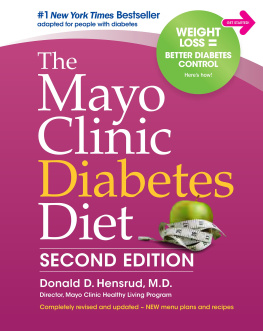
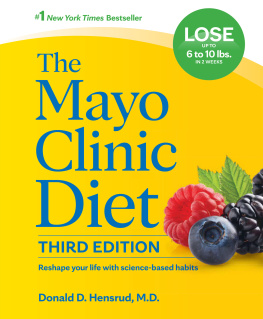
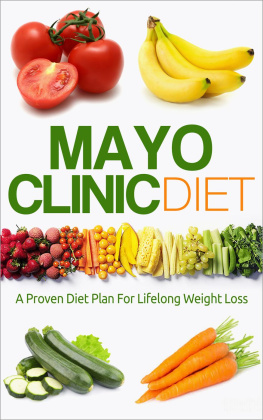
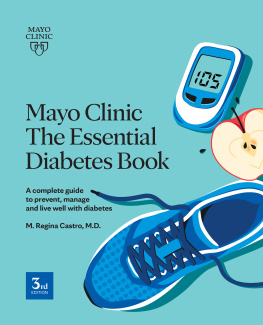


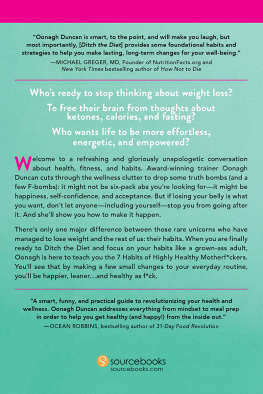

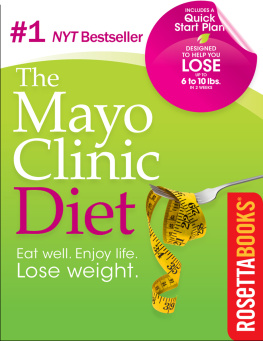
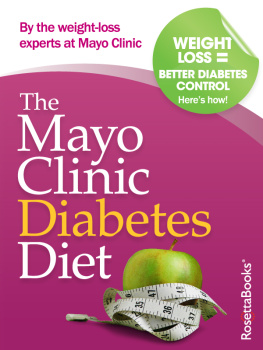
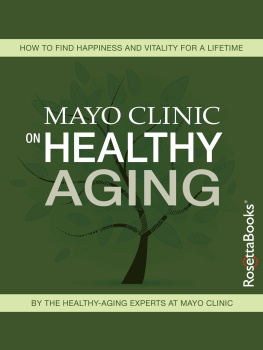

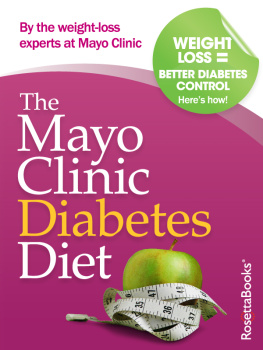

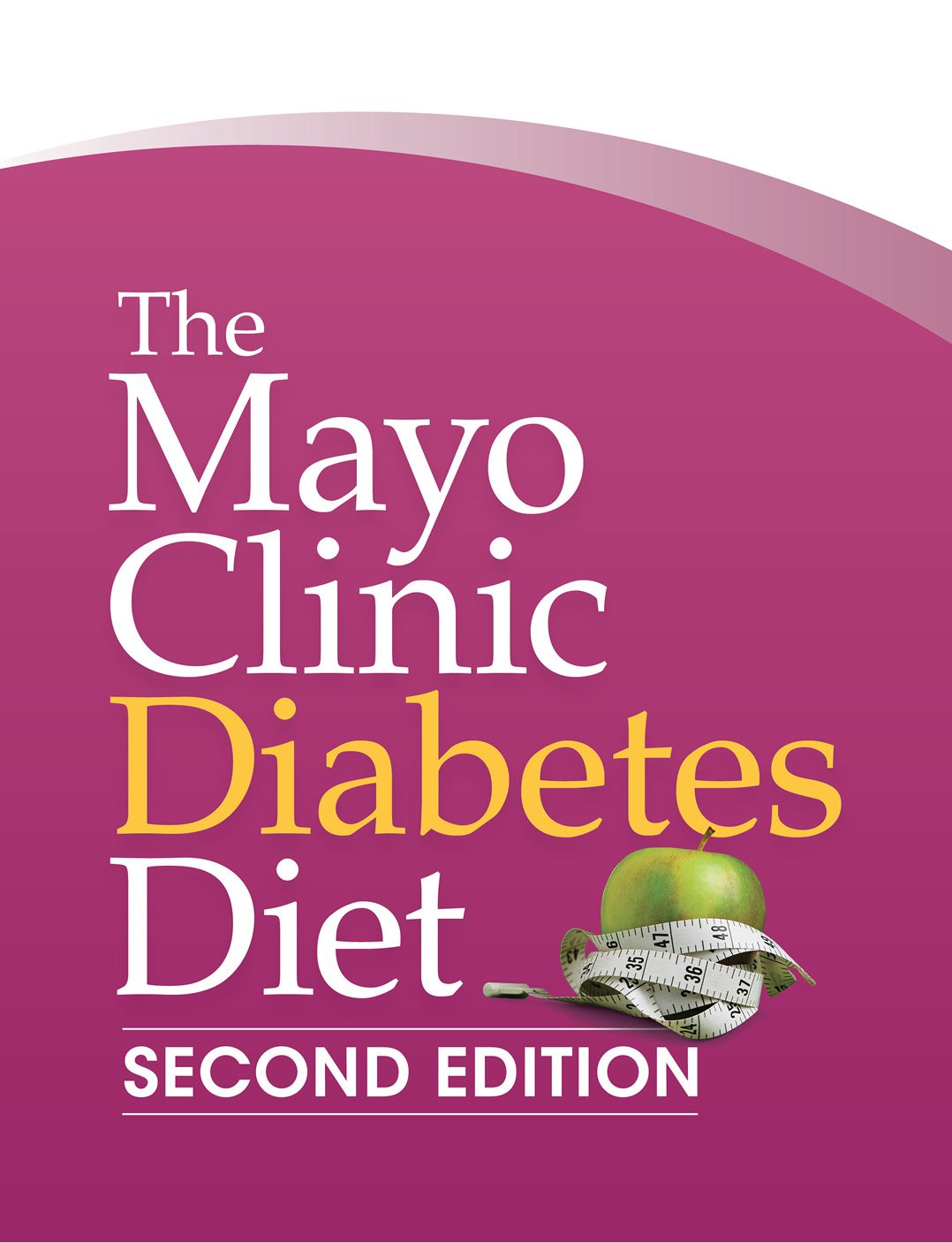
 Donald D. Hensrud, M.D., M.P.H.
Donald D. Hensrud, M.D., M.P.H.
 Manpreet S. Mundi, M.D.
Manpreet S. Mundi, M.D.